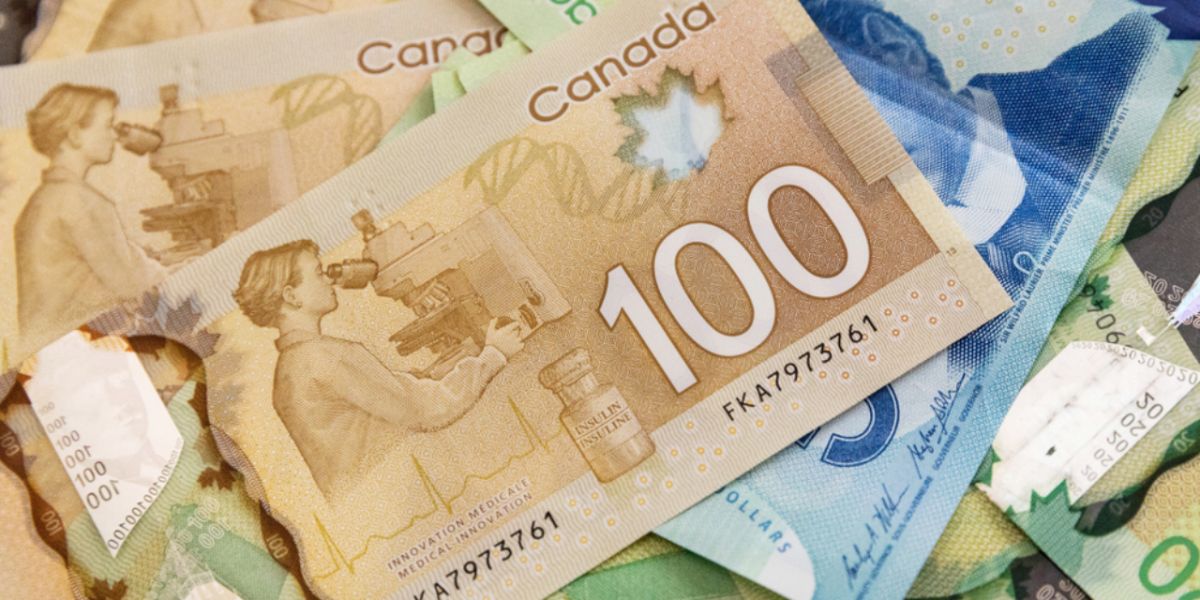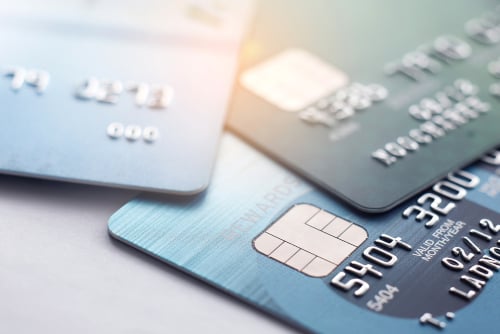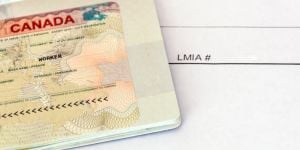
When you move to Canada, you will certainly need a bank account. This guide explains step-by-step how to open a bank account during your stay in Canada. You will discover the steps to follow, the required documents, as well as the criteria to consider to choose the bank best suited to your situation.

Most major banks in Canada offer various types of accounts and services. To make your choice, feel free to compare the offers beforehand. Seek advice from the staff at a banking institution as well as from your family and friends.
Opening a bank account in Canada will allow you to obtain a debit card with which you can make purchases and pay your bills. In most cases, these debit cards do not allow for online purchases. As a newcomer, it is recommended to arrive in Canada while keeping your bank account in your home country, as well as your Visa or MasterCard for emergencies.
How to open a bank account in Canada
Call the bank to make an appointment or submit a request through its website. You can also visit in person and wait for an advisor to be available. During the appointment, take the time to discuss with the representative to determine the type of account that best suits your needs.
Good to know:
Opening a bank account in Canada is free.
You must present at least two pieces of identification, such as your passport, your Social Insurance Number (SIN), or proof of your legal status in Canada, as well as documents proving your address, such as a Canadian driver's license or a phone bill.
You may be asked questions about your past banking activities or your credit history in your previous country of residence.
Bank transactions in Canada
Depending on the plan you choose, you will be entitled to a certain number of banking operations and transactions per month. Additional transactions will incur charges. You can pay your bills from the bank's website, its mobile application or at the counter, make transfers, withdraw cash, and make purchases at retailers. Payments at retailers, as well as withdrawals at the counter and bank transfers, count as transactions.
Some banks offer free and unlimited banking services and transactions to newcomers for a certain period. Special offers are also available for students in Canada.
If you wish to deposit money from a bank account in your home country into your Canadian account, or vice versa, you will incur fees and a commission whose amounts vary by bank. Nowadays, the simplest way is to use a money transfer service like Wise, TransferMate, or Remitly.
Your rights as a bank account holder in Canada
The Financial Consumer Agency of Canada provides information on financial products and services, and informs consumers about their rights and responsibilities regarding banking transactions. Note that a bank cannot refuse to open an account for you without a valid reason. If you are unemployed, bankrupt, or do not deposit money into the account immediately, you still have the right to open an account.
However, they may ask you to make a deposit if you order checks. You can also choose to open an account in a credit union or a savings and credit union. For this, you may be required to pay membership fees to become a member.
Good to know:
If you are studying or working in Canada, inquire about any special partnership between your employer or university and the bank, which could help you minimize your banking operation fees. Also, be aware that deposits up to 100,000 CAD in savings accounts are insured by the Canada Deposit Insurance Corporation (CDIC) insurance system.
Credit cards in Canada
A new immigrant can obtain a credit card in Canada without establishing a credit history. Many banks are willing to issue a credit card to newcomers with a credit limit. You will then start to build a credit history in the country. After some time, if you have a good record, you might apply to increase this limit.
Credit cards in Canada come with an amount that the bank lends you, which you must repay each month to avoid interest charges. Some retailers also offer credit cards that allow you to earn points and discounts.
It is crucial for newcomers to clearly distinguish between Canadian debit and credit cards. You can consult this explanatory video from Desjardins or this page from the National Bank of Canada, which explains their differences in detail.
Good to know:
You can obtain a copy of your credit report for free from Equifax Canada and TransUnion Canada. You can also check your credit report online.
In case of difficulties, you can ask your employer to act as a guarantor to facilitate your access to credit. The interest rate, credit limits, as well as the payment terms and annual fees, vary among different institutions. You can make all your purchases with your credit card and repay your balance once a month (or as you go) rather than using your debit card and paying fees for additional transactions. The debit card, on the other hand, allows you to withdraw and deposit cash, check your balance, or pay a bill at the ATM.
Note that different banks have varying coverage across Canada. The National Bank and Desjardins are much more present in the east of the country, while other institutions like RBC and TD are more widespread in the west.
Useful links:
Business Development Bank of Canada
We do our best to provide accurate and up to date information. However, if you have noticed any inaccuracies in this article, please let us know in the comments section below.








